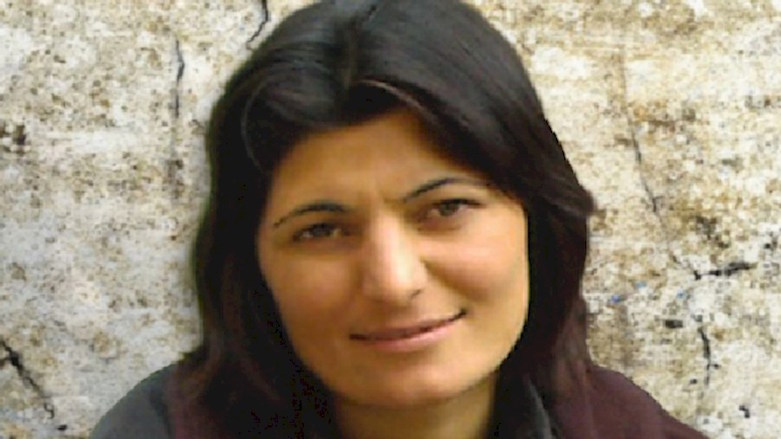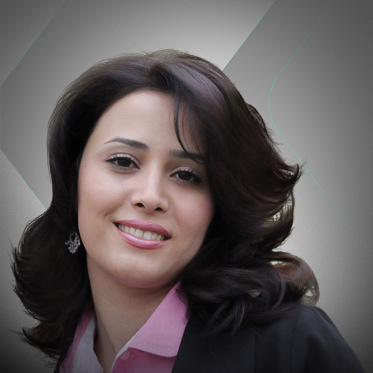UN reports on Iran's human rights abuses, highlights Kurds

GENEVA, Switzerland (Kurdistan24) – The United Nations Secretary-General Ban Ki-moon issued his latest report on the situation of human rights in the Islamic Republic of Iran to the UN General Assembly.
Ban offered an overview of Iran’s human rights situation in the 71st session, condemning the death penalty, execution of minors, torture, and inhuman or degrading treatment and punishment.
He also mentioned the freedom of expression, situation of civil society actors, the status of women, and treatment of individuals belonging to religious and ethnic minorities.
Highlighting the situation of prisoners, the UN deplored Iran for solitary confinement, access to adequate health care, flogging, and stoning to death.
KURDISH PRISONERS
Ban highlighted the precarious situation of two Kurdish prisoners, Zeinab Jalalian and Mohammad Sediq Kaboudvad.
“Political prisoners appear to be particularly at risk of torture. Such is the case of Zeinab Jalalian,” the statement read.
The UN mentioned that Iranian officers violently kicked Jalalian, tied her hands and feet, and took her to the Naft Square detention centre, in Kermanshah.
While in detention, Jalalian was allegedly subjected to lengthy interrogations and beatings and was held in solitary confinement for months.
Commenting on the state of prisons in Iran as “a major concern,” the UN also mentioned Kaboudvand’s case, a Kurdish human rights activist who is in the ninth year of a 10-year sentence at Evin prison in Tehran.
“He has been singled out as a political prisoner for years and has been denied medical care despite the possibility that he may have prostate cancer,” Ban reported.
DEATH PENALTY
Ban reiterated his call upon the Government to establish a moratorium on executions and abolish the death penalty.
“At least 966 people were reportedly executed in 2015, the highest such number in over two decades, in continuation of an upward trend that began in 2008,” the UN reported.
During the first half of 2016, at least 200 people were executed.
The report added that 73 juvenile offenders were executed between 2005 and 2015, and as of March 2016, at least 160 juvenile offenders were reportedly on death row.
WOMEN AND MINORITIES
Ban reported that Iran had made little progress towards gender equality and had yet to ratify the Convention on the Elimination of All Forms of Discrimination against Women.
“The crackdown on women’s rights activists, female journalists, and lawyers has continued. Many have faced intimidation and harassment and, in some cases, detention or travel bans,” the statement read.
The UN added that ethnic minority groups, including Arabs, Azeris, Baluch, and Kurds face discrimination regularly.
These groups are denied access to university studies, employment, business licenses and economic aid, getting permission to publish books, and exercising their civil and political rights.
Editing by Karzan Sulaivany
